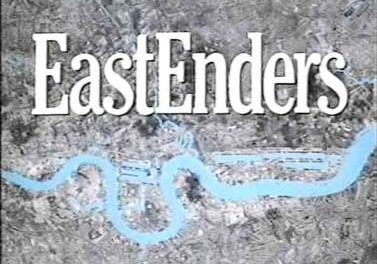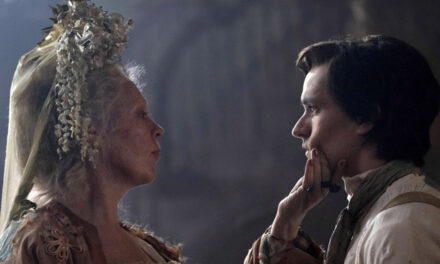Film and Screen Studies, School of Media, University of Brighton
27-28 July, 2017
Proposals are invited for an interdisciplinary 2 day conference at the University of Brighton
In response to the news of the British government’s imposed changes to junior doctor contracts in 2015, actors from the BBC’s hospital drama Holby City and Channel 4’s hospital comedy The Green Wing joined marches and picket line protests alongside NHS workers. Although the BBC took the decision not to focus reporting on the strikes, an episode of the medical drama Holby City entitled ‘Handle with Care’ (2016) drew attention to the plight of “marvellous junior doctors” and the serious problems created by NHS reforms. Further episodes have raised issues about the ‘winter crisis’; privatisation of services; media misrepresentation; ‘immigration and health care reforms’ and so on. The explicit foregrounding of social and political issues within television’s hospital drama genre is not new, but medical programmes like Casualty, Holby City, Call The Midwife, and One Born Every Minute appear to have become a primary cultural spaces where political tensions are being played out.
Within this political and ideological landscape of Tory cuts, austerity, threats of privatisation, editorial control and neo-liberalism, this conference suggests that to consider the history, politics, production and public role of British medical television is timely and urgent work. The genre has a long and rich history, both fictional and factual, and yet, despite its longevity, its broad appeal, and its resonance within the political, and cultural national landscape, British medical television has not been the subject of much academic interest. Whilst academics have recognised the significance of US dramas such as ER and Grey’s Anatomy, programmes like Casualty – which is the longest running medical drama in the world – have been largely neglected.
This conference offers a unique opportunity for scholars across academic disciplines to engage with a strand of British television that has too long been ignored within the academy. We seek to consider questions such as:
- What ideological and political purposes are served by TV programmes dealing with medical issues, and how do they shape public understandings of healthcare?
- Do programmes like Holby City and Casualty serve as a vehicle for the BBC to tell its own story about the impact of government intervention and the ideological dismantling of the BBC?
- What impact will the tendering out of Holby City to independent production have on the potential ideological relationship between the BBC and national politics?
- How are the political schemas of programmes like Holby City and Casualty reflected in other forms of medical television broadcast on UK commercial television?
- How do genres such as reality TV and documentary engage with medical issues?
The conference aims to map out the rich history of medical programming on British television and to engage with the complex relationships between the NHS, British broadcasting, and the state.
Indicative texts from a range of genres include, but are not restricted to:
Casualty
General Hospital
Doc Martin
Holby City
Call The Midwife
999
What’s Your Emergency
Junior Doctors
24 Hours in A& E
Embarrassing Bodies
Operation Ouch
Doctor in The House
Only When I Laugh
Possible approaches include:
History of medical programming
Children’s medical television
Education
Dietetics
Exposure of the body
Trauma
Politics
Identity
Audiences
Broadcast policies
Public service broadcasting and the commercial sector
Spectacle and visual effects
Space and place
Production cultures
Expert knowledge
Drama and quality TV
Narrative and storytelling
Stardom and performance
Christmas specials
Neglected television
Medical authority and authenticity
Realism
The conference will be held at the University of Brighton on 27 and 28 July 2017. Please send abstracts of 300 words plus 100-word bio by Monday 24 April 2017 (please copy to all three organisers):
Dr Louise FitzGerald L.Fitzgerald@brighton.ac.uk
Dr Douglas McNaughton D.McNaughton@brighton.ac.uk
Dr Joanna Macdonnell J.Macdonnell@brighton.ac.uk
Website: http://arts.brighton.ac.uk/study/pmis/events/british-medical-television-conference/





